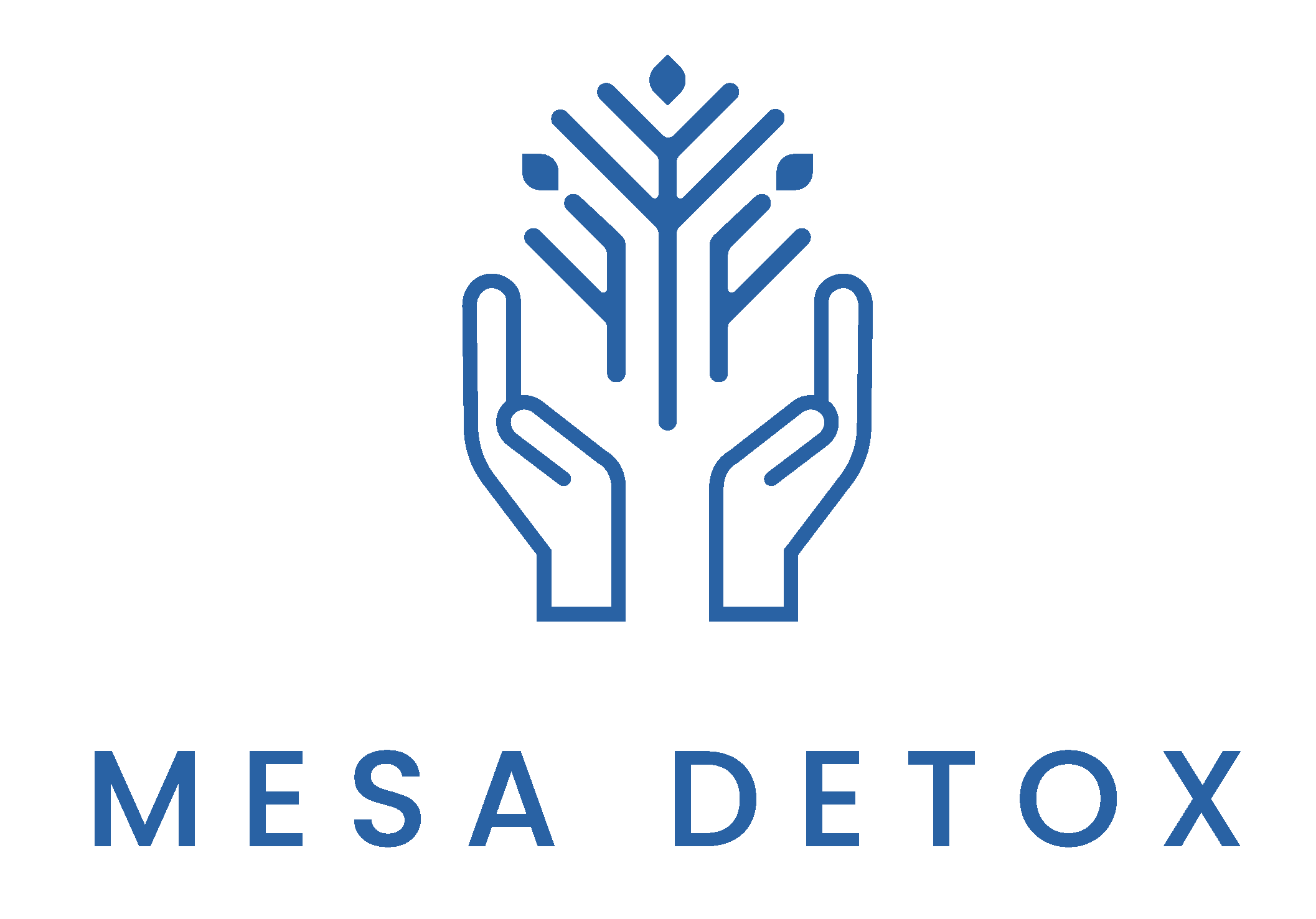Understanding MDMA detox is key for anyone looking to manage withdrawal safely. Often known as ecstasy, MDMA impacts the brain’s chemical balance, which can lead to dependence and withdrawal symptoms when use stops. These symptoms may include mood swings, fatigue, anxiety, trouble concentrating, headaches, muscle tension, and nausea. With the right professional support and guidance, the detox process can be made safer and more manageable.




